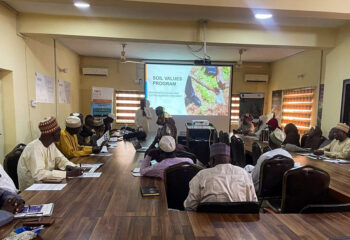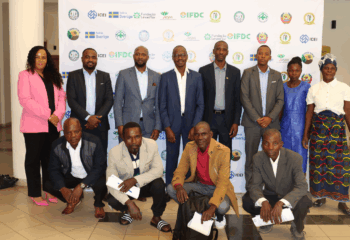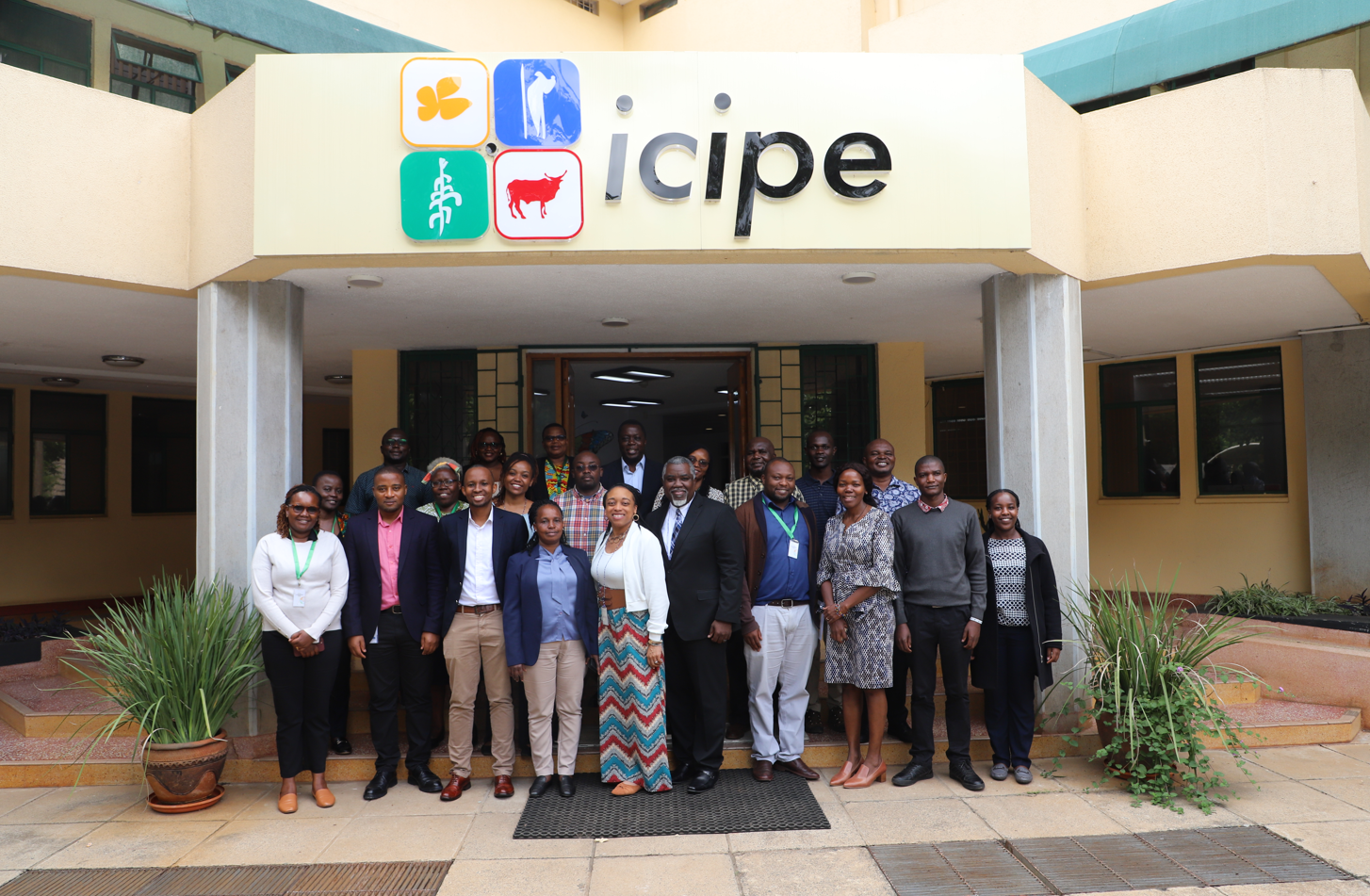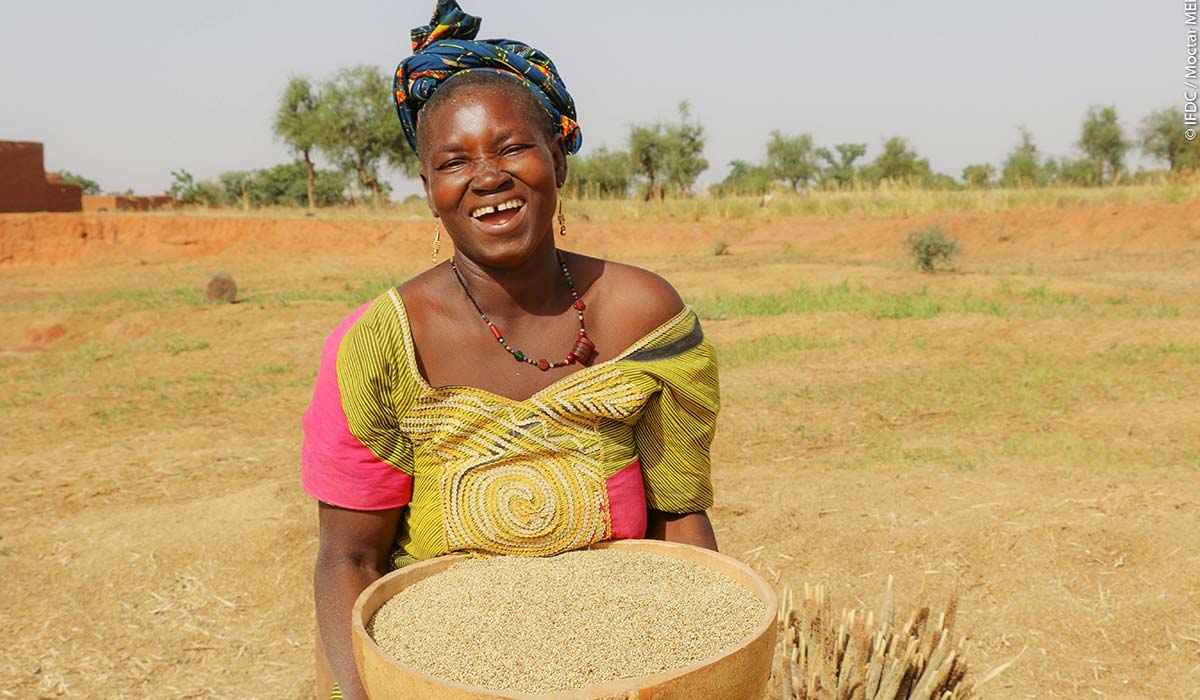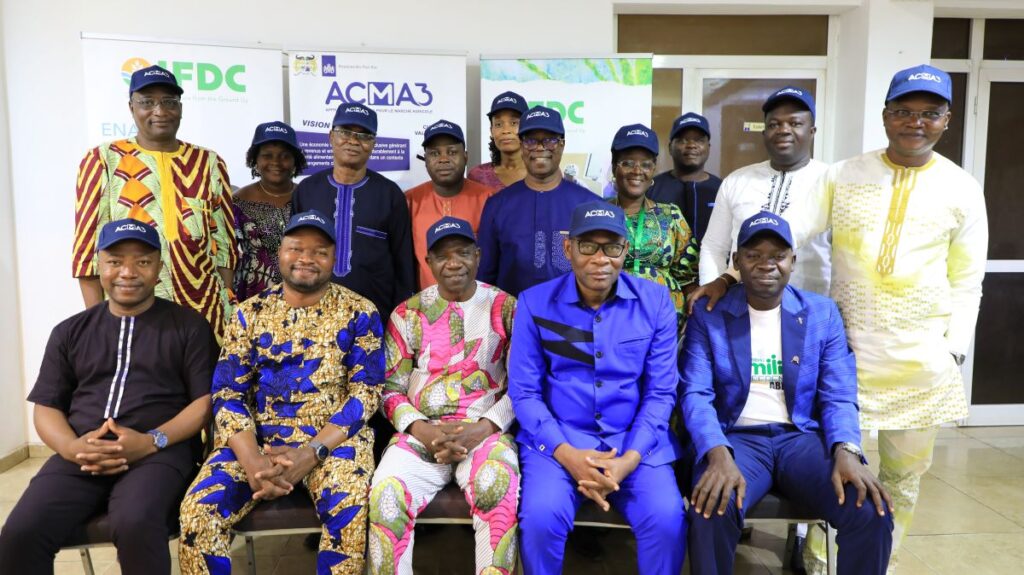
On July 6-7, the mayors of the communes in Ouémé, Plateau, Zou, and Collines departments met in Porto-Novo to sign the certificates of transfer for 25 pieces of infrastructure developed by the Communal Approach to the Agricultural Market (ACMA) program during its first two phases. This marks a crucial step in formalizing the effective transfer of assets to the beneficiary communes in accordance with Republic of Benin legislation.
During the meeting, the Executive Director of the Intercommunal Group of the Collines (GIC) and a member of the Technical Secretariat of the Intercommunal Consultation Framework of the Collines (CCIC) discussed the progress that has been made thus far and outlined the process to be implemented by each commune to register these pieces of infrastructure as communal assets.
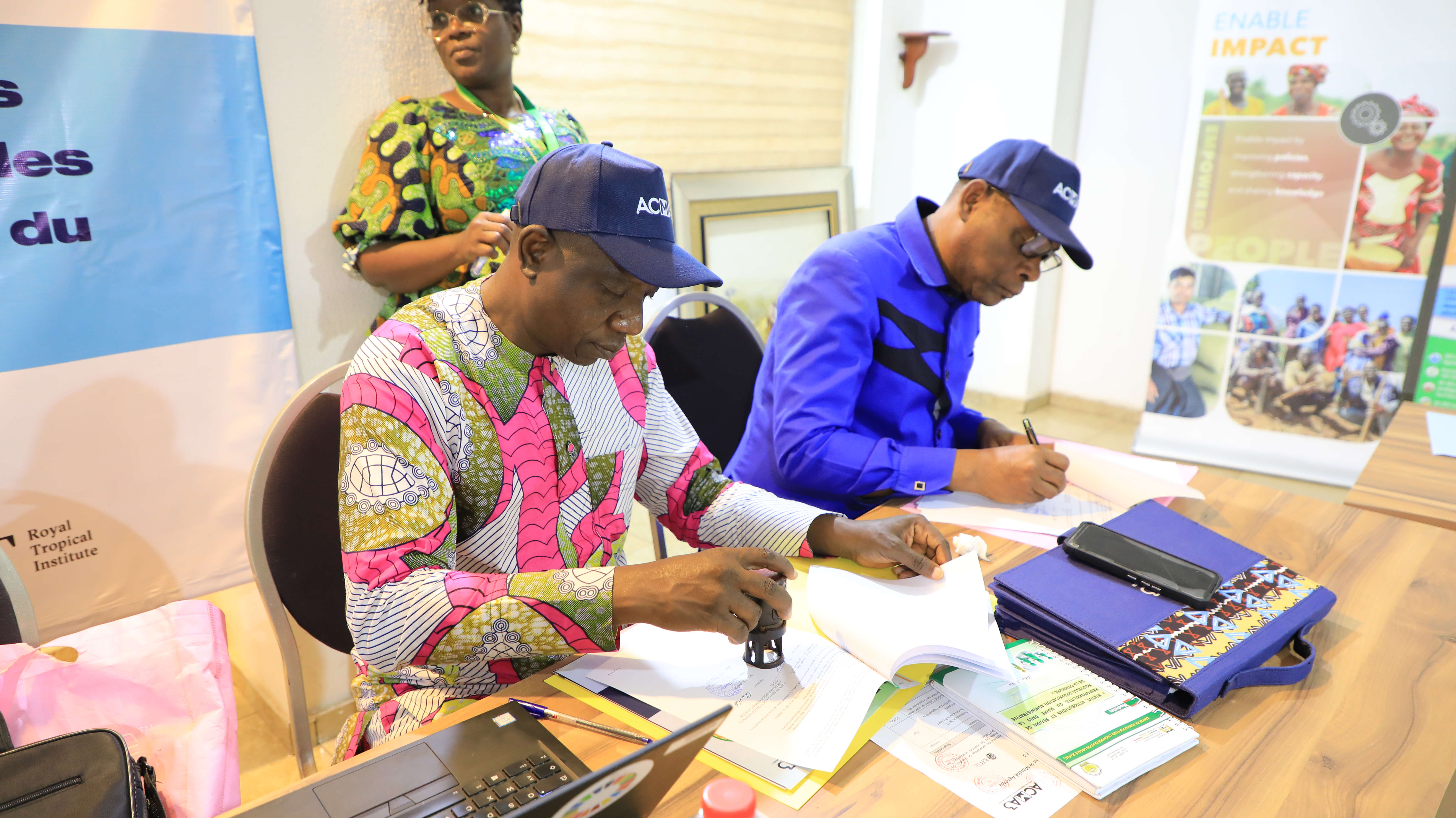
From 2013 to 2022, the ACMA program facilitated the construction of 28 pieces of infrastructure for the benefit of agricultural economic stakeholders and the communes in its intervention zone. The aim is to support these stakeholders in pooling their production and engaging in collective marketing, thereby facilitating market access and boosting the local economy.
Twenty-five of these pieces of infrastructure were co-financed by the Embassy of the Kingdom of the Netherlands in Benin (95%) and each commune (5%). The other three pieces were completed for the direct benefit of organized actors, including the Médjro group’s gari processing unit at Dasso in the Ouinhi commune, the Gbagla-Ganfan Fish Smoking Center at Kouti in the Avrankou commune, and the corn storage warehouse for the Federation of Producers Unions of Benin (FUPRO) at Bohicon in Zou department. The total value of the 25 pieces of infrastructure involved in this transfer is 3.5 billion CFA francs.
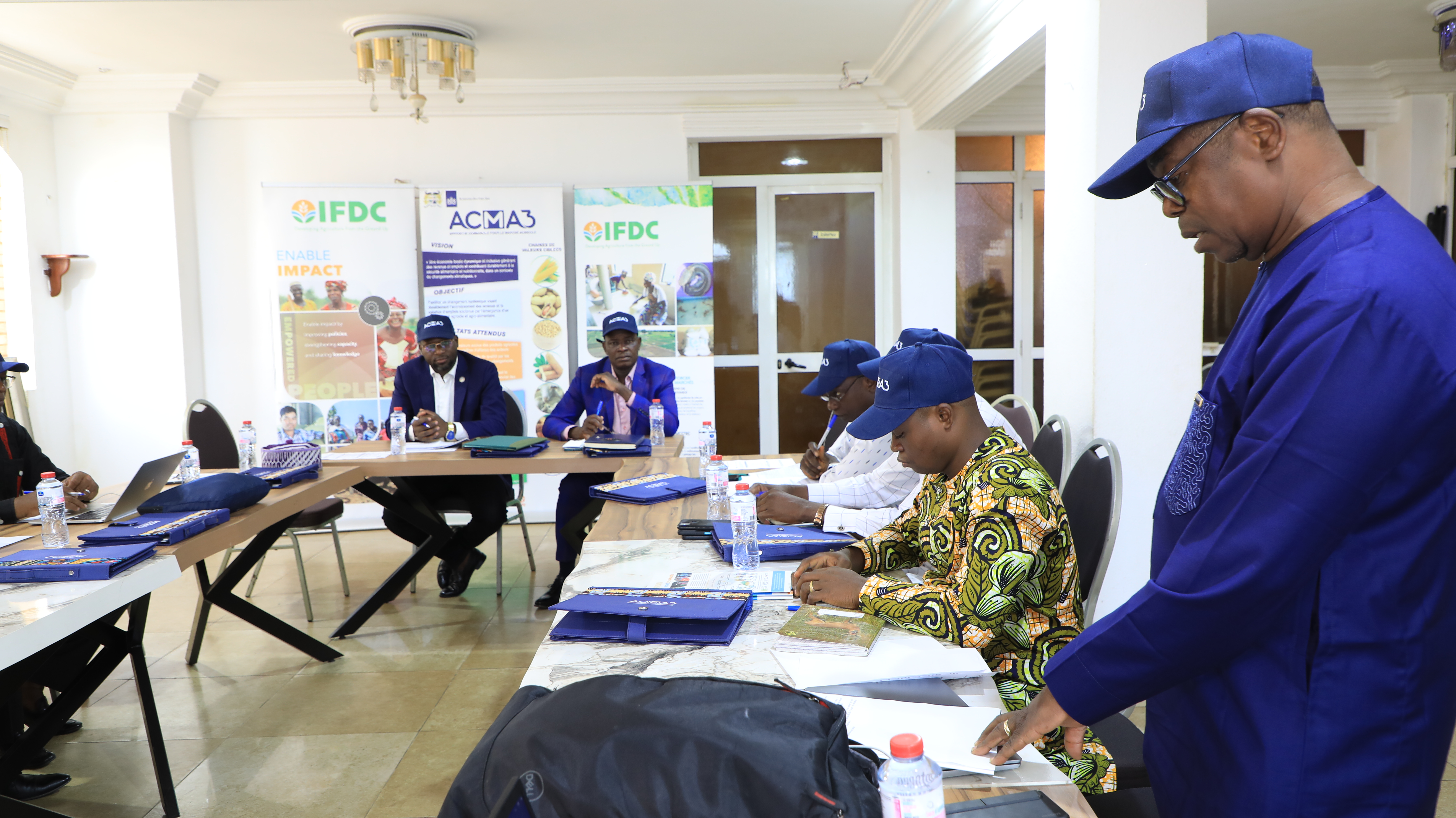
ACMA3 Interim Program Manager Ousmane Ouedraogo declared in his speech to the mayors, “On behalf of the ACMA3 program, I would like to urge the communes to bring their weight to bear on those who use these pieces of infrastructure to ensure that they take good care of them, so that they continue to be tools at the service of all agricultural producers, particularly women and young people, and contribute to the development of the local economy for many years to come.”
“Our vision is to see the infrastructure blossom into real hubs for development and promote social cohesion.”
ACMA3 interim Program Manager, Ousmane Ouedraogo
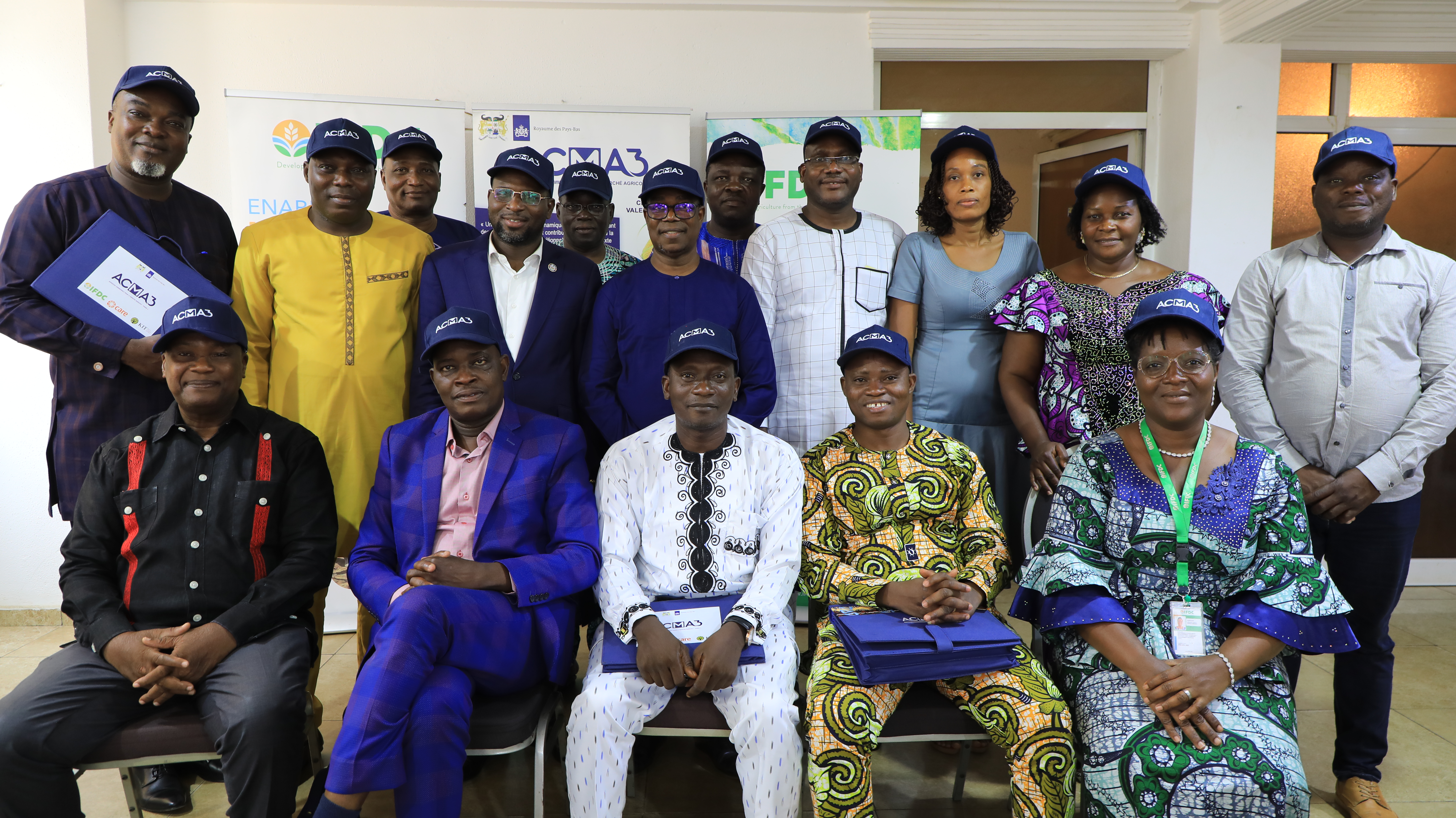
Mayor Simon Adébayo Dinan of the Pobè commune, representing the president and vice president of the Ouémé-Plateau CCIC on the first and second days, respectively, pledged to make good use of the infrastructure. Thanking the donor and the program team, the mayor expressed the hope that support for the people in these departments will continue.
Overall, this milestone signifies a collaborative effort toward sustainable agricultural development, economic growth, and improved livelihoods in Benin, serving as a positive example of enhancing local economies and empowering communities.
The Communal Approach to the Agricultural Market in Benin (ACMA) program, financed by the Embassy of the Netherlands in Benin since 2013, is implemented by the International Fertilizer Development Center (IFDC) in a consortium with CARE International Benin and KIT Royal Tropical Institute.

